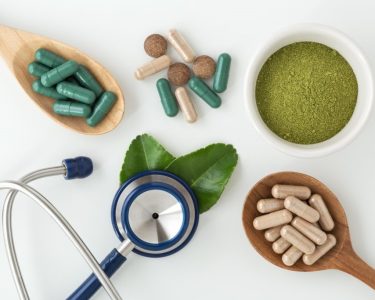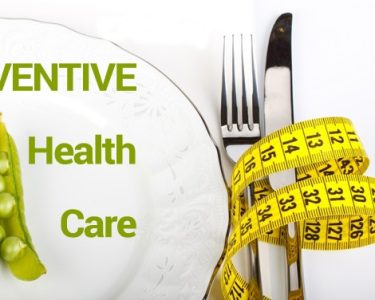The holiday season is the most wonderful time of the year, but it can also be the most dangerous for your heart. Did you know that there’s a condition called “holiday heart syndrome,” which causes an increased risk of heart attacks during this festive period? It sounds scary, but don’t worry – we’ve got your back! In this blog post, we’ll explore the science behind holiday heart attacks and reveal some surprising risk factors you might not have considered before. So grab a cup of eggnog and let’s get started!
What are the risk factors for heart attack during the holidays?
Heart disease is the number one killer in the United States and the world. In fact, it kills more people than any other type of cancer. The good news is that heart disease can be prevented with early detection and a healthy lifestyle.
Some risk factors for heart attack during the holidays include:
◊ Eating too much holiday food. ◊ Smoking cigarettes or using other tobacco products. ◊ Overindulging in alcohol. ◊ Being overweight or obese. ◊ Having high blood pressure, diabetes, or cholesterol levels. ◊ Not getting enough exercise. ◊ Having a family history of heart disease.
If you have any of these risk factors, you should get screened for heart disease regularly. And if you have any signs or symptoms of heart disease, such as chest pain, shortness of breath, or fatigue, see your doctor immediately!
What can you do to reduce your risk?
What can you do to reduce your risk of having a heart attack during the holidays? Here are five key tips:
1. Monitor your cholesterol levels. High cholesterol levels increase your risk of heart disease, so it’s important to keep track of your cholesterol levels and make sure they’re in a healthy range. If you have high cholesterol, talk to your doctor about how to lower your risk.
2. Avoid smoking. Smoking is the leading cause of preventable death in the United States, and it also increases your risk of developing heart disease. If you smoke, try to quit smoking completely, or at least cut down on how much you smoke.
3. Exercise regularly. Exercise can help reduce the risk of heart disease by reducing inflammation and improving blood flow to the arteries. Try doing 30 minutes of moderate exercise three times a week or 75 minutes of vigorous exercise five times a week.
4. Eat a healthy diet. A healthy diet includes lots of fruits and vegetables, whole grains, and low-fat dairy products — all good sources of antioxidants that may protect against heart disease. limit saturated fats and unsaturated fats, and avoid processed foods and sugars that can raise blood sugar levels quickly and increase the risk for cardiovascular problems like heart attacks and stroke.
5. Get regular screenings for heart health.”
How do emergency responders treat heart attack victims during the holidays?
Emergency responders are trained to treat heart attack victims in a way that is safe and effective. Treatments for heart attacks can vary depending on the severity of the attack, but generally emergency responders will provide CPR (cardiopulmonary resuscitation) and administer drugs to stop the heart from beating. If necessary, they will transport the victim to a hospital.
There are some reasons why heart attack rates may increase during the holidays. One theory is that people who are experiencing stress or other emotions associated with the holiday season may be more likely to have a heart attack. Another reason is that people who are overweight or obese may be more likely to have a heart attack during the holiday season because there is more food available and people tend to eat more unhealthy foods when they’re celebrating.
There is no one perfect way to prevent heart attacks during the holiday season, but knowing your risk factors and being mindful of how you’re eating can help you stay healthy and minimize your risk of having a heart attack during the holiday season.
What are the best ways to prepare for and respond to a heart attack during the holidays?
Heart attacks can happen at any time during the year, but they are most common during the holidays. This is because many people drink too much alcohol and eat too much junk food. These things increase your risk of a heart attack.
If you are at risk for a heart attack, you should try to avoid these things. You can also reduce your risk by getting regular exercise, eating a healthy diet, and getting enough sleep. If you do have a heart attack during the holidays, you will need to take care of yourself. Here are some tips:
1. Call 911 or go to the hospital right away if you have chest pain or shortness of breath.
2. Stop smoking and drinking alcohol immediately if you experience chest pain or shortness of breath.
3. Keep calm and rest if you have a heart attack. Do not try to do anything on your own until emergency personnel arrive.
4. Try to limit stress as much as possible by avoiding activities that make you anxious or angry.




